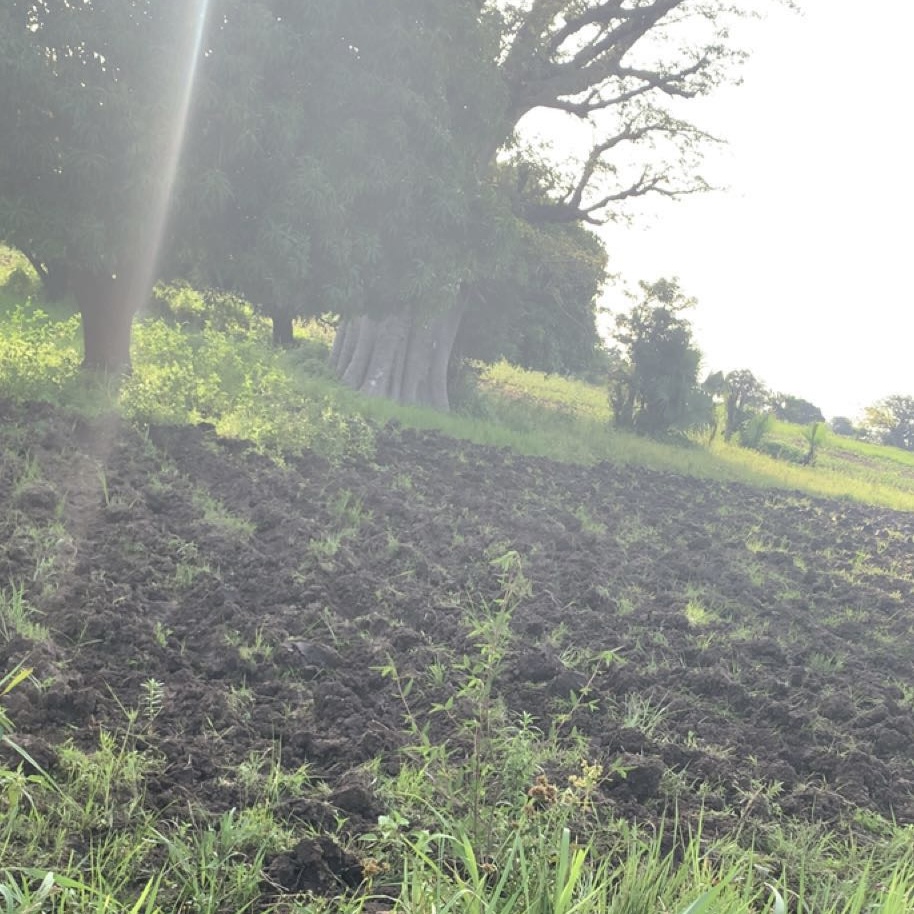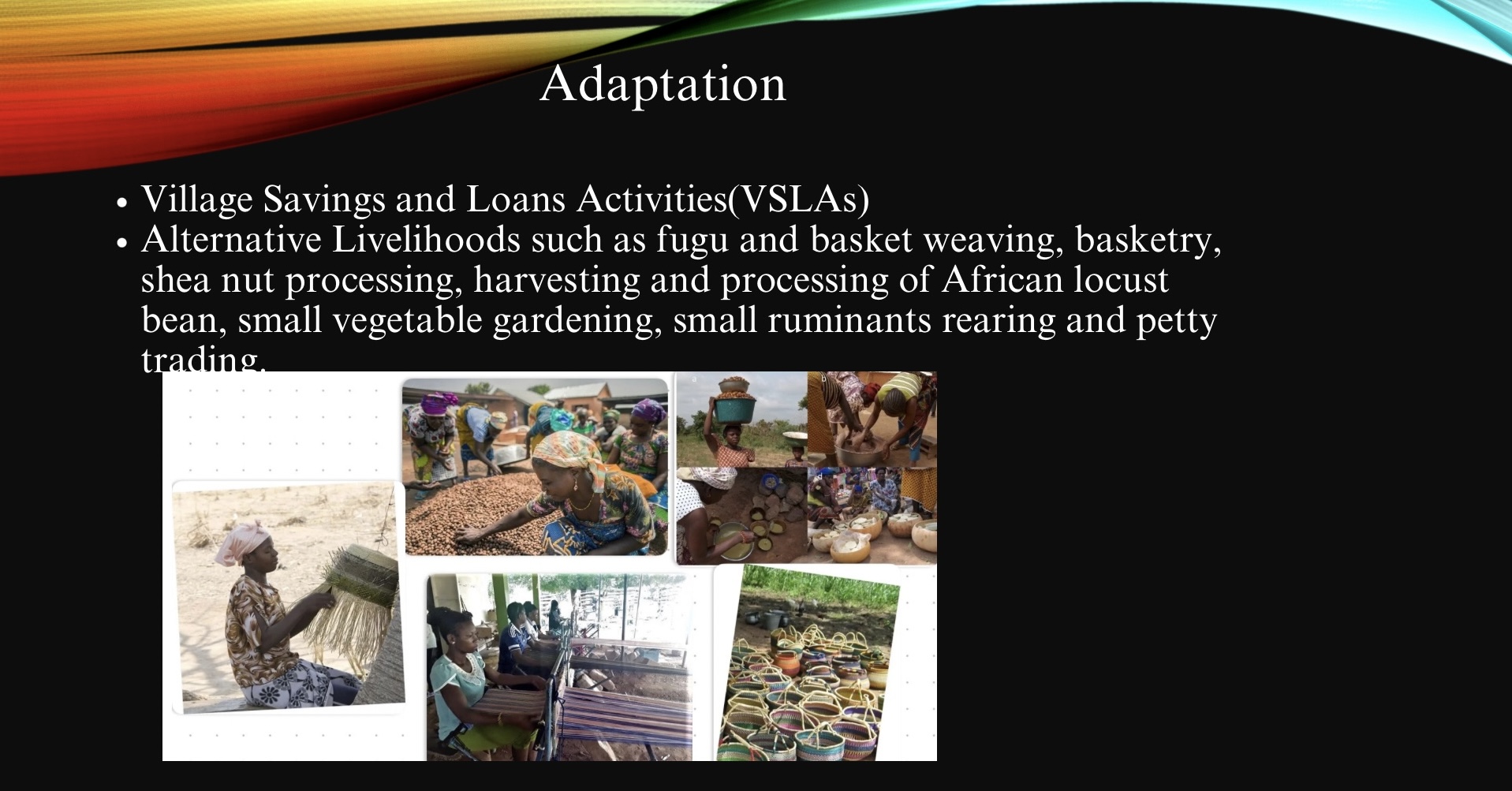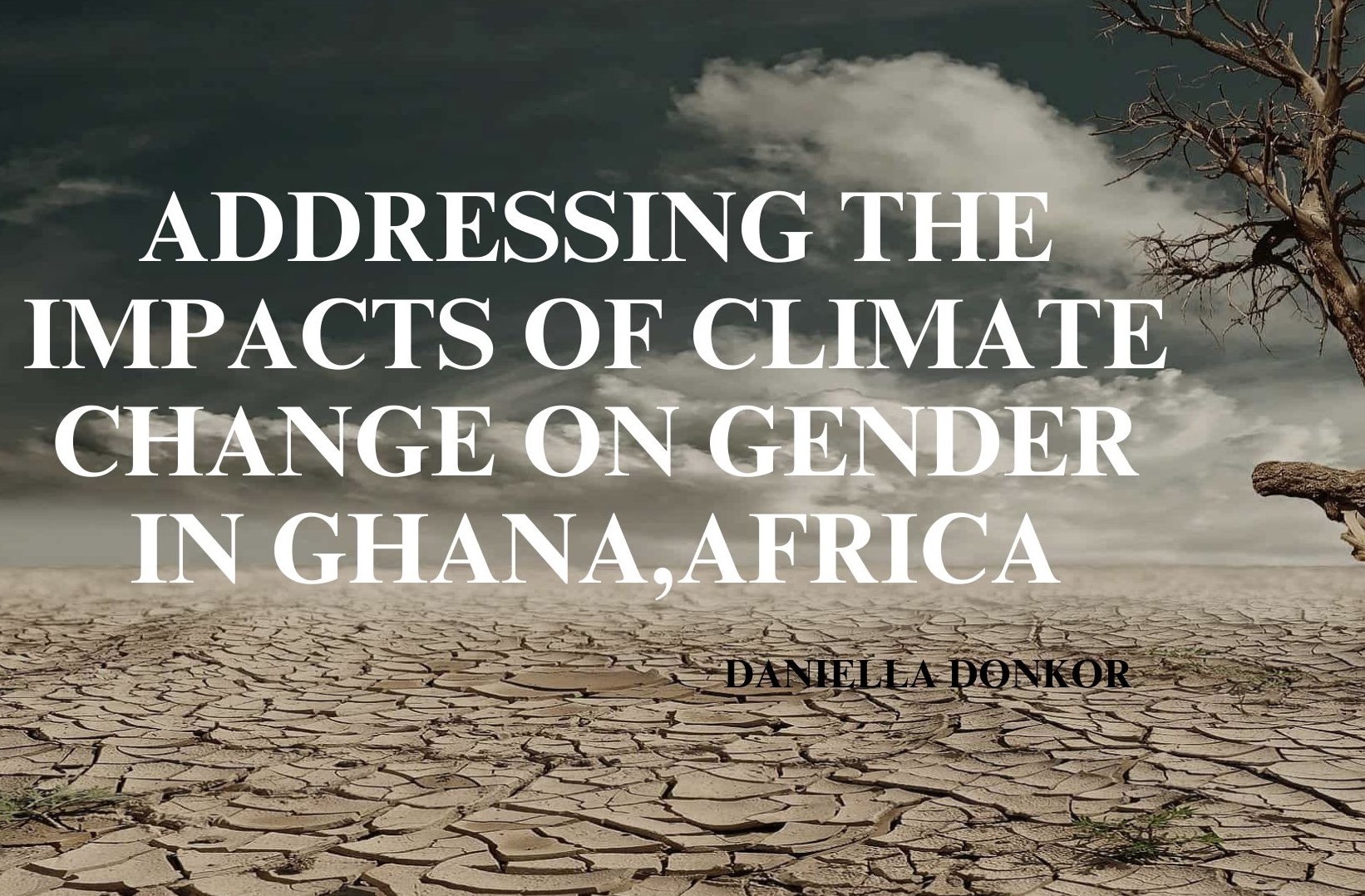I had the shock of my life in my final year at the University for Development Studies in the northern part of Ghana.As a Ghanaian born and raised in the southern part of Ghana, I had heard stories about the hardship in the north but I didn’t think it was that bad.
After spending three years in school and witnessing all the struggles these people had to go through just to earn a living, I decided to then just use that place as a study area for my final year research work. The main occupation for the northern part of Ghana is farming but as a place with long dry season and very short wet season, they were faced with so many agricultural challenges. Worst of it all was climate change, or so I thought.

In the beginning I was genuinely worried for everyone in general and then after my research I was so heart broken to discover that the women were the most affected in such communities. Let me tell you how.
In the northern part of Ghana, they practice patrilineal system of inheritance so you would be shocked that a woman might sweat and work so hard on a farm, only for her husband to reap all that she has sown. She really has no say, after all the land isn’t even for her. She might get some amount but it’s really not enough and is not worth the amount of work she put in the farm.
The good thing is that these women are really hardworking too.
So imagine, they wake up and do the house chores a wife should do and still go to farm on a land that is not theirs and in the end, gets little to nothing from the harvest. Tell me if this is fair.
This ignited a sense of responsibility in me to stay back in northern part of Ghana to work with the Environmental Protection Agency where I got to involve myself in certain programs to help women.
It was really great to know that instead of working on farms to get nothing in the end, they have rather resorted to other occupations like basket weaving, sheanut processing into sheabutter, cloth weaving and others.

Those who are also very much interested in farming have also engaged in something called Village Savings and loans so as to get some money to be able to rent farmlands to farm. The agriculture offices also do their best to support with viable seeds. Others who are still unable to engage in any sustainable livelihoods also travel to the southern part of Ghana to engage in head porter-carrying activities known as kayeye.
I am proud of myself and admire the effort I’ve been putting in place to let climate change and sustainability platforms know how serious the gender barrier is in the northern Ghana. Even though I’ve assisted in monitoring certain projects which aimed at helping these women, my goal is to continue fighting for a great change with other climate change and gender advocates.

It may not seem as rosy and easy in the start but we hope that our fight for a change will never be in vain and that one day, more women in the north would also be able to own their own lands and farm as they want.
Posted Using InLeo Alpha